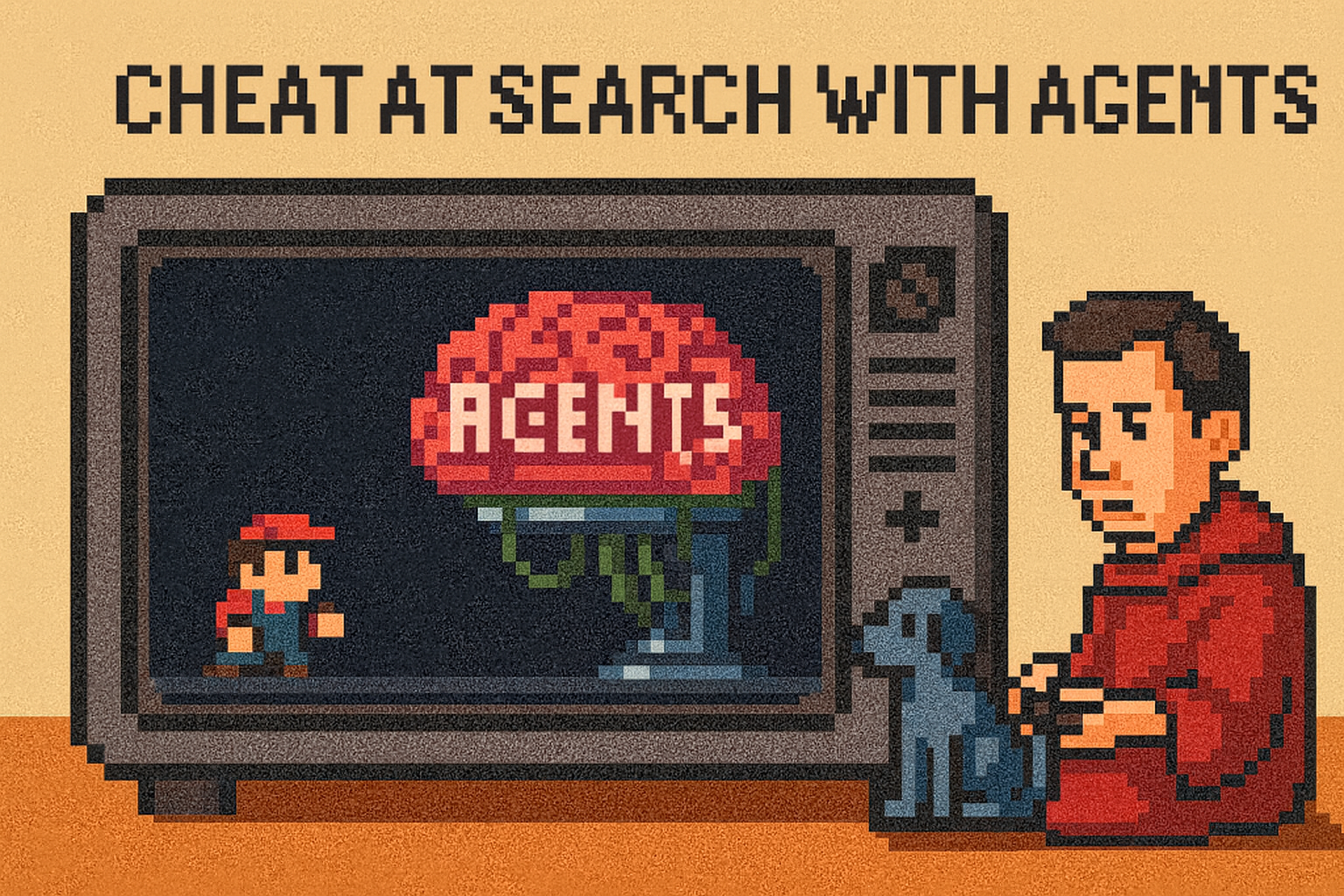It has often been mentioned that Twitter usage is driven by variable reinforcement. That is, to get a behavior, constant positive reinforcement actually isn’t what you want. If every time a dog sits on command, they get a treat, they’ll stop once treats are removed. If the reinforcement, however, is unpredictable, the behavior doesn’t disappear when the treat disappears. The dog will keep sitting, unsure what’ll happen!
People map this reinforcement to retweets / faves on our posts. We get a rush of dopamine when a post takes off.
I don’t think that’s why Twitter can be destructively addictive.
The real variable reinforcement is viewing the posts themselves. Twitter is a political news slot machine. We check Twitter to see what good/bad things happened to our side of the political divide. The behavior reinforced is looking at Twitter. Sometimes we get our reward - news that is good for our side. Sometimes we get a painful zap - news that is NOT good. Given that often these events can impact people we love, the stakes feel high. We’re in a state of hypervigilance - always looking out for threats to our safety.
By “pulling the lever” (refreshing your feed) you can begin to feel like you have a sense of agency over the slot machines, like the little superstitions slot machine players have. Replying, retweeting and engaging further just reinforces this false sense of agency over what you’re consuming. Or keep scrolling - maybe a different piece of good news will pep you up. In reality, we’re fiddling away bits of our energy (and the house always wins!)
Unfortunately our influence over political events is limited. Our resources aren’t endless. Even great political leaders have little control. Frederick Douglass and Ulysses S. Grant couldn’t keep Reconstruction going after the Civil War as the Republican Party began to find its supporters in a state of moral exhaustion with the party’s focus shifting to northern industry.
We don’t have control. But we do have duty. Duty is the moral dimension to the question “what do I do with my limited time?” Who do you owe for what you have? Who do you need to take care of? Duty involves social reciprocity for sure - for example caring for families, jobs, and neighbors as best we can.
Duty, however, can go to higher levels of service. Do you care about advocating for the homeless? Or immigrant rights? Or activism in some other cause? What should you pay forward? Who didn’t benefit from the gifts you were given?
Many of these causes take forbearance. They require work over multiple generations. Abolition of slavery took more than a century. In David Blight’s Frederick Douglass biography, Blight describes Douglass’s lifelong struggle against the slave power that went on even after the Civil War, past his death.
Constantly checking Twitter doesn’t forward our duty. In fact, it’s duty’s enemy. We’re psychologically manipulated into thinking Twitter vigilance is activism. In reality vigilance equates to engagement for Twitter. As Obama said, Twitter is not really showing up. We’re actively robbed of the energy needed for our real obligations. Whether that means playing with the kids, doing our job, or a higher form of service.
Tread carefully with that timeline. You’re actively working against the things you care about.
Recommended Further Reading
Special Thanks to Andrew Montalenti and John Berryman for reviewing this post and giving substantive edits and feedback!Enjoy softwaredoug in training course form!
Starting Feb 2!
 I hope you join me at Cheat at Search with LLMs to learn how to apply LLMs to search applications. Check out this post for a sneak preview.
I hope you join me at Cheat at Search with LLMs to learn how to apply LLMs to search applications. Check out this post for a sneak preview.
